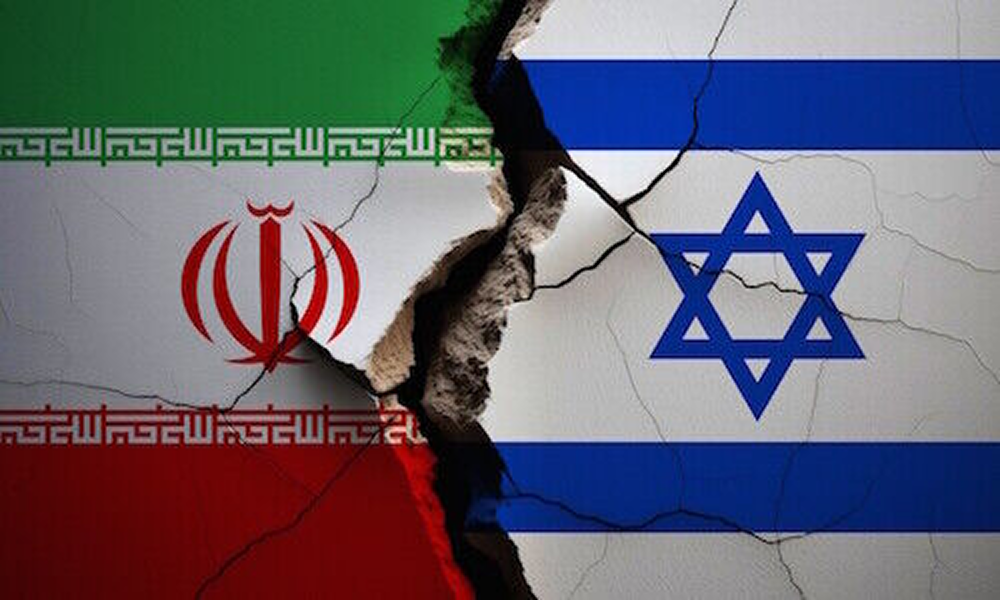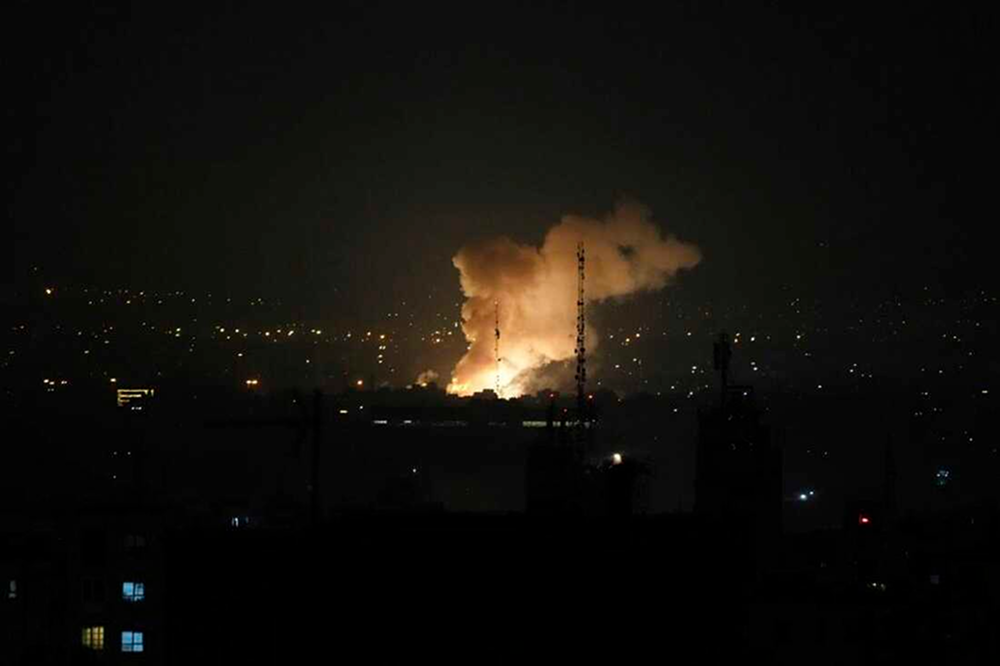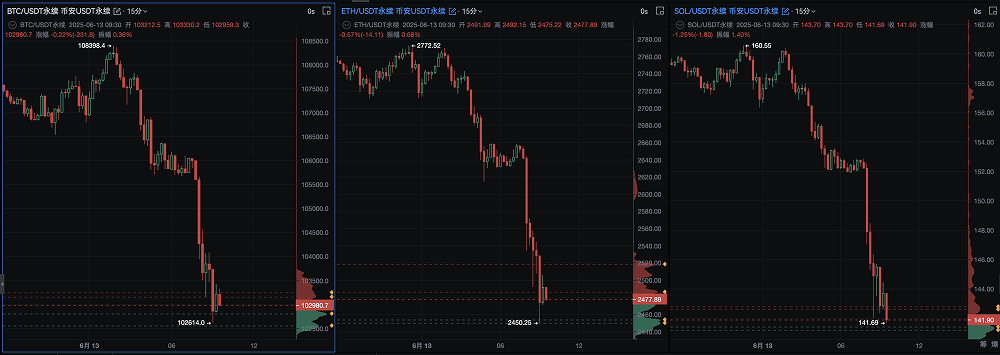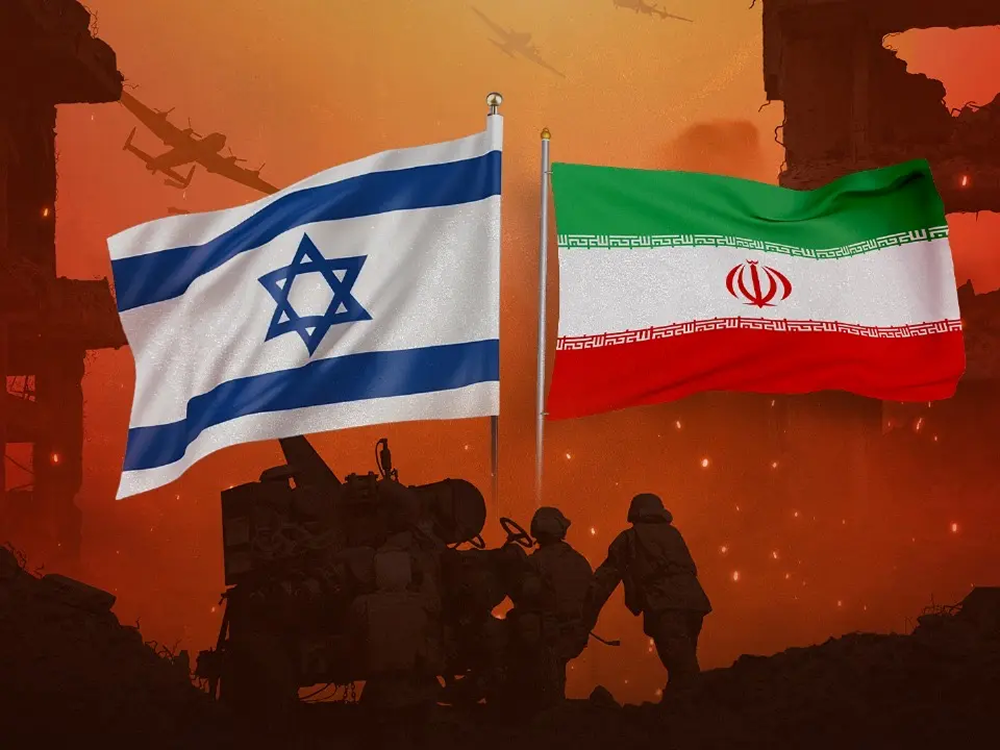In June 2025, the Middle East powder keg was ignited once again, as the conflict between Israel and Iran entered a new phase of escalation. This conflict not only continues the long-standing hostility between the two sides but has also drawn global attention due to the involvement of nuclear program intelligence warfare and direct military strikes.

Background of the Conflict: From Intelligence Warfare to Airstrike Escalation
On June 7, Iran boldly announced that it had obtained "thousands of" confidential documents related to Israel's nuclear program, claiming this was a "tit-for-tat" action against the 2018 theft of Iranian nuclear files by Israel's intelligence agency Mossad. Iranian state media reported that this intelligence operation took months, with the documents concerning Israeli nuclear facilities and strategic plans, aimed at deterring Israel and increasing leverage in nuclear negotiations.
Israel responded swiftly. On June 12, rumors began circulating on the X platform that Israel might take military action against Iran, causing market tensions to surge. In the early hours of June 13, the Israeli Air Force launched a large-scale airstrike against Iran, the operation's codename undisclosed, targeting nuclear facilities, military bases, and missile production centers in Tehran and surrounding areas. According to Al Jazeera, explosions were heard over Tehran, and Israeli Defense Minister Katz subsequently declared a national state of emergency, warning that Iran might launch retaliatory missile and drone attacks.

X users reported that Israel may have "decapitated" the Chief of Staff of the Iranian Armed Forces and senior officers of the Revolutionary Guard, sparking speculation about a power vacuum within Iran. Although Iranian officials have not confirmed high-level casualties, the Iranian Foreign Ministry spokesperson condemned Israel's "aggressive actions," vowing to take "devastating counterattacks." Iran's Supreme Leader Khamenei cautiously stated that the attack "should not be exaggerated or downplayed," seemingly leaving room for possible retaliatory actions.
The trigger for the conflict extends beyond intelligence warfare. The breakdown of the Gaza ceasefire agreement since March 2025 has sown seeds of instability in the Middle East. Israel failed to fulfill its promise to withdraw from Gaza as per the agreement and launched "Operation Power and Sword" against Gaza on March 18, resulting in over 400 deaths and drawing strong condemnation from Iran. Additionally, the U.S. has resumed its "maximum pressure" policy against Iran, attempting to reduce Iranian oil exports to "zero," further exacerbating Iran's confrontational sentiment.
Global Financial Markets: Rising Risk Aversion and Increased Volatility
The escalation of the Israel-Iran conflict has significantly impacted global financial markets. Following the news of the airstrikes on June 13, the market quickly entered risk-averse mode. Gold prices surged briefly, surpassing $3,400 per ounce. The oil market also experienced severe fluctuations, as the risk of a blockade in the Strait of Hormuz, controlled by Iran, pushed Brent crude prices close to $90 per barrel.
If the conflict escalates further, oil prices could hit triple digits, posing a severe threat to the global supply chain.

In the stock market, major indices in Asia-Pacific and Europe generally fell after the opening on June 13. S&P 500 futures dropped about 1.5%, with technology stocks particularly pressured due to supply chain concerns. In the Asian markets, the Nikkei 225 index and the Hang Seng index fell by 2% and 1.8%, respectively. Market analysts pointed out that the uncertainty in the Middle East may force investors to shift from high-risk assets to safer assets like government bonds, leading to a slight decline in the yield of the U.S. 10-year Treasury bonds.
Cryptocurrency: Short-term Plunge and Long-term Uncertainty
The cryptocurrency market reacted particularly sharply to geopolitical risks. Following the announcement of the airstrikes on June 13, Bitcoin (BTC) fell 3.5% within 12 hours, dropping to around $103,000; Ethereum (ETH) experienced an even larger decline, exceeding 8%, hitting a low of $3,436.
X user @ordjingle humorously remarked that "Bitcoin wallets for bulls were almost wiped out," reflecting the market's panic sentiment.

The reasons for this decline are threefold: first, geopolitical conflicts typically increase demand for safe-haven assets (such as gold and the U.S. dollar), diminishing the appeal of cryptocurrencies; second, Iran, as a country with active cryptocurrency trading, faces chaos in its domestic market due to the dual pressures of conflict and sanctions, with the Iranian central bank's suspension of rial payments for cryptocurrency exchanges in February already limiting 10 million users, and this conflict may further suppress local demand; finally, global macroeconomic uncertainty prompts investors to reduce holdings in high-volatility assets, with the cryptocurrency market being the first to bear the brunt.
X user @NFTfafafa warned that if the conflict escalates into a full-scale war, the cryptocurrency market could face an "unprecedented crash."
Outlook: Pricing Risks Amid Uncertainty
Currently, the confrontation between Israel and Iran has entered an extremely dangerous "action-retaliation" spiral. Iran's missile arsenal is capable of striking all of Israel, while Israel possesses military options to destroy Iran's nuclear program. Any miscalculation by either side could drag the entire Middle East into an unprecedented war.

For global markets, this means that the geopolitical risk premium will remain high for the foreseeable future. Investors need to closely monitor the subsequent developments of the conflict, the direction of oil prices, and potential policy adjustments by major central banks in response to possible economic shocks.
In the current chaotic situation, whether in traditional financial markets or the cryptocurrency world, the core task is to reprice this new, already escalated risk.
免责声明:本文章仅代表作者个人观点,不代表本平台的立场和观点。本文章仅供信息分享,不构成对任何人的任何投资建议。用户与作者之间的任何争议,与本平台无关。如网页中刊载的文章或图片涉及侵权,请提供相关的权利证明和身份证明发送邮件到support@aicoin.com,本平台相关工作人员将会进行核查。



